Ten books I enjoyed this year - 2021 edition
- Published
- 2021-12-26
- Tagged
Last year I published a list of ten books that I’d enjoyed over 2020. I quite liked doing it - plus I get to post little book cover images and make the whole thing look pretty - so I’m doing it again!
I like to read widely - which when I say it like that sounds wankier than I mean it. But given an ever-increasing pool of public domain writing, ready access to a public library system that’s embraced ebooks, and a pretty good global second-hand book sale network1, there’s never been an easier time to pick up a book published in the 1850s and really get stuck into it. I mean, think about it - some of the greatest works of English literature are available to you right now either for a pittance, all said, or - if they’re out of copyright - for free.
One of the themes of this year was reading through some of these classics. In fact, of all the books on this list, only two were published this year. There is value in retreading old ground, in re-reading a favourite book and seeing what you think of it now. And there is value in re-visiting something you skipped the first time: now all the hype has died down, was that book just a fad,, or is it also good?
Anyway, enough navel-gazing. Some books:
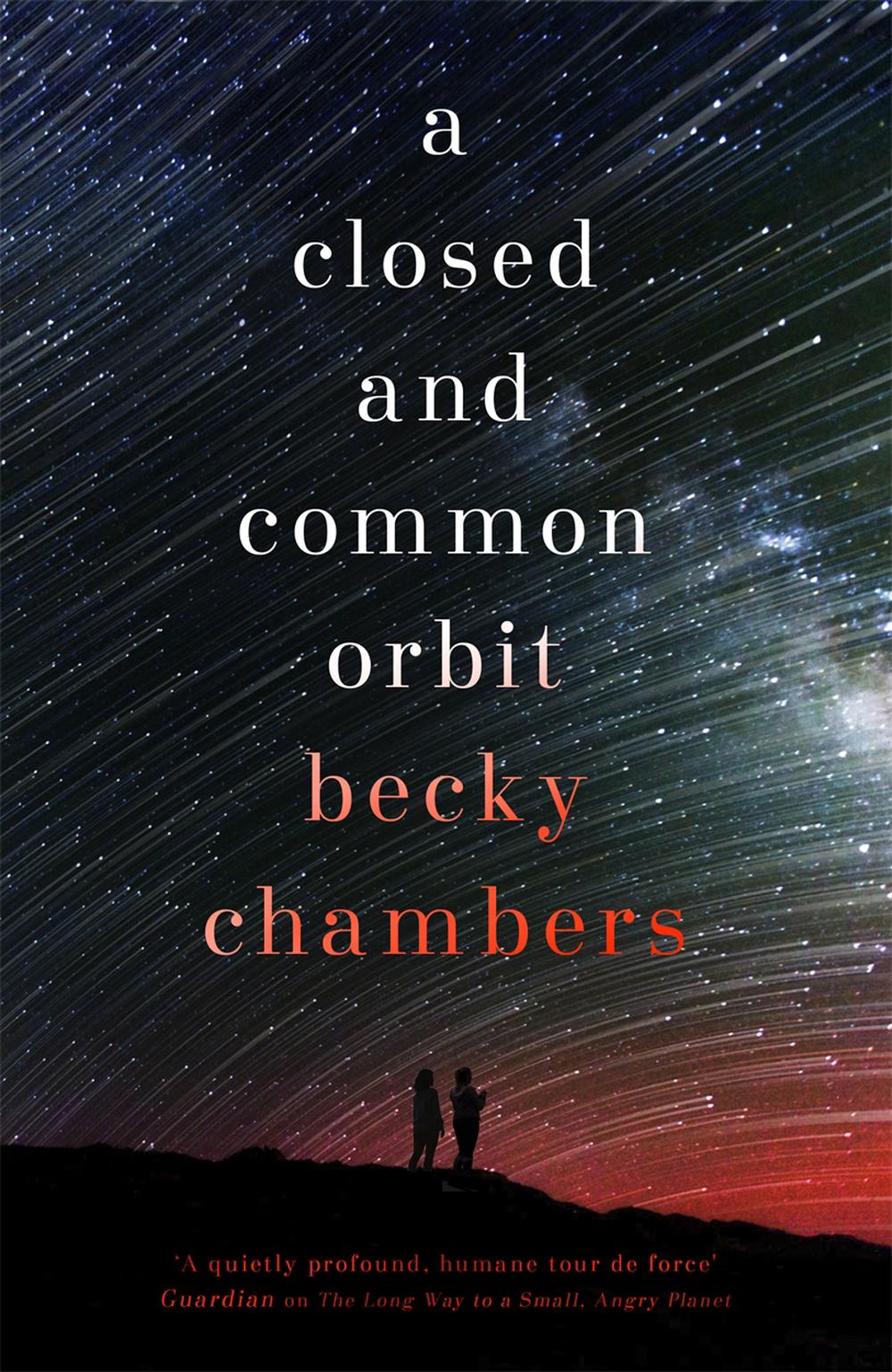
A Closed and Common Orbit - Becky Chambers. Becky Chambers got popular with The Long Way to a Small Angry Planet, which I liked-but-was-a-bit-lukewarm-on. It’s basically the good, non-problematic vibes from Firefly, plus some introspection on what it’s like to foster interspecies relationships (and I think early cover designs really push that first bit). Anyway, I think Chambers’ later books in the series show a real depth that she’s developed over her first couple of novels, and this here is the best of them. Told from a number of points of view, this book really delves into one way we could operate as a utopian socialist society, and the sacrifices we’d need to make to get it to work.
Reading a Chambers book is like a warm bath. Something about her writing makes an implicit promise that nothing bad will happen without telegraphing, and the the book is set out, I get a feeling every paragraph could start with “Wouldn’t it be interesting if…”.
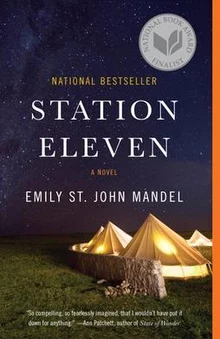
Station Eleven - Emily St. John Mandel. I guess content warning this book is about a ‘flu epidemic which wipes out 99% of humanity? However, if you feel you’re in a position to read post-apocalyptic fiction I think this is a great one to read about now. Lots of post-apocalyptic fiction wants to focus on scarcity and what we need to keep our bodies alive when society breaks down. Very few focus on how we ensure we nourish not just our bodies, but our souls - how art can transcend the breakdown of civilisation.
Oh and also it’s a TV series now, with good ratings.
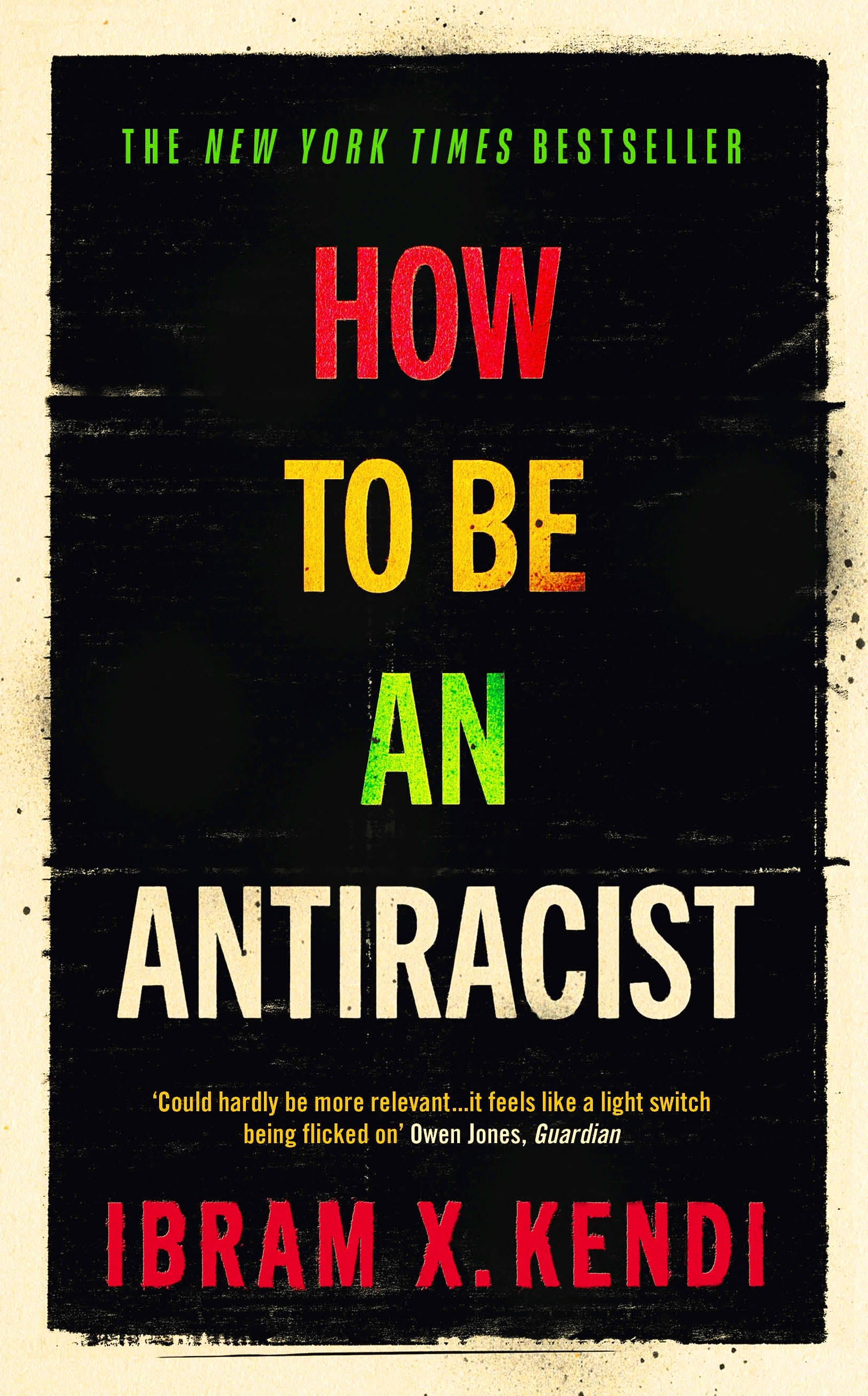
How to be an Antiracist - Ibram X. Kendi. I’m a white able-bodied cis male between the ages of 20 and 40, so I need all the help I can with cultural competency. This book doubles as both an abbreviated autobiography of Kendi’s own journey to anti-racism, and a handbook to what that means. This book is worth reading if only for its definition of a viewpoint and a worldview not just absent racism (“I’m not racist!”), but oppposing racist practices. I also found its illustrations of assimilationism to be very interesting. Deep, thought-provoking, and a book I should probably re-read sometime soon.

A new method of Making Common Place Books - John Lock. There’s a big buzz about knowledge base applications right now. Zettelkästen are popular again, and people are ready to push their benefits or talk about how much work they are to maintain. Now we have a bunch of apps springing up to try to take that burden off you and 10x your productivity or some bullshit.
Anyway, it’s always interesting seeing how people managed this whole “knowledge is hard!” thing before they had computers, and this is a pretty early example. I like commonplace books because they feel a bit less silicon-valley-start-up-y and become-a-better-machine-y than zettelkasten. Lock lays out how he arranges all his ideas into a book, and there’s even a practical example. So handy! It’s like he’s blogging three hundred years before blogs were around.
And because this is a pretty old book, it’s in the public domain! You can find a copy here to read, and it’s not even very long.
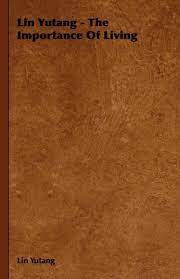
The Importance of Living - Lin Yutang. Written in the 1930s, this is less a book and more a long-winded ramble by a Chinese-American academic in which he tries to introduce the (assumed Western) reader to what Yutang sees as the Chinese way of life. On the one hand I don’t think Yutang is particularly critical anywhere throughout this book2; on the other, he didn’t write this book to level criticism. Instead, we get a multi-faceted view of urban Chinese aesthetics as at the turn of the twentieth century. This isn’t a book to read if you’re looking for books that make their point and go home. I would recommend it as a book to be reading, not a book to have read.
This book was written on the eve of the Second World War, and it’s interesting to read given the convulsions that the world in general, and China in particular, went through in the few decades since its publication.
In somewhat the same vein, I’d recommend checking out Kakuzo Okakura’s The Book of Tea - something similar but for Japanese aesthetics and in particular on Japan’s approach to tea. The full text is available online.

War and Peace - Leo Tolstoy. This book is possibly the best argument for ereaders that I know of. If you pick up a physical copy of War and Peace you’re immediately put off by its sheer mass. Reading it is a dedicated mission in book-handling. In comparison, the epub of War and Peace is the same (physical) size as any other epub.
War and Peace gets a reputation as an imposing book, and it shouldn’t. We’ve produced so much more fiction in the twentieth century which, compared to War and Peace is incredibly challenging to read, page-to-page. The only thing that I found imposing was the number of pages. So - as with Yutang - you just have to treat it as a booking you’re reading, not a book to have read.
Anyway, I loved seeing the personal struggles of a bunch of rich charismatic Russian nobles get eaten up by a world event that was just so much larger than them, and see how they get forged in that crucible. Lovely big epic stuff, a real rollercoaster ride.
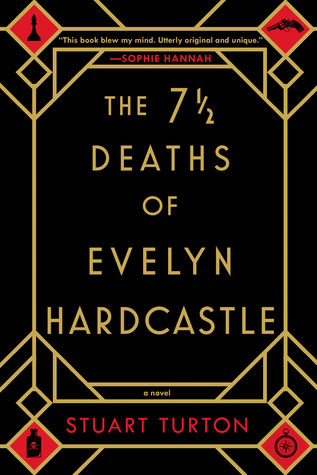
The 7½ Deaths of Evelyn Hardcastle - Sturar Turton. I got turned onto this book after the release of the video game Death Loop, due to structural similarities. In the book, the protagonist is forced to re-live the same murder time and time again until he solves it. It’s a lovely mash-up of Agatha Christie murder mystery and Groundhog day science fiction. (Turton has said on record that he doesn’t like “pinning a genre” to his stories, and it shows.) While I like Agatha Christie murder mysteries in general, I don’t actually like reading a lot of them. This one, however, was pretty damn page-turny from beginning to end. I look forward to re-reading it at some point, knowing what’s actually going on (which I think is the best bit of many good mystery stories…).

Jane Eyre - Charlotte Brontë. Another one in my “read some classics” quest this year. I read Wuthering Heights earlier in the year and while I liked the..genuinness? Naturalness? While I liked the bit that made it feel like a narrative of something that happened and not like some kind of morality play, the actual narrative didn’t quite hold me. Jane Eyre - while possessing much more of a moral, I feel - still held together better for me.
I very much enjoyed the scope of the novel, something I think we lose in a lot of twentieth- and twenty-first century texts. Pre-twentieth-century fiction tends to be longer - probably, I guess, because it doesn’t have to compete with movies, TV, or the internet in general to keep us entertained - and that length allows us a chance to really grow into and develop themes that, in a shorter book, we’d have to reduce to a dig-set-spike of narrative build-up and payoff.

Four Thousand Weeks - Oliver Burkeman. The first book on this list that was actually published in 2021. Oliver Burkeman’s first book, The Antidote, dealt with the constant drive towards happiness in the self-help/self-improvement industry, and why that’s a false goal. This is another shot at the same industry, this time on its continual drive towards efficiency, productivity, and getting-things-done. Burkeman argues that with four thousand weeks allocated to us in our lifetime, we’ll never get everything we want done and it’s useless to try - and points out how freeing it can be once we accept this premise.
At this point I’ll immediately pre-order anything Burkeman publishes. I won’t even try to get it out from the library first. Lots of modern stoic authors seems to have one foot in quoting Marcus Aurelius and one foot in rise-and-grind culture. Burkeman seems to be off in a corner, contemplating how fleeting our existence is and what that means for us as tiny specks floating through the cosmos. And I’d much rather be in Burkeman’s corner.
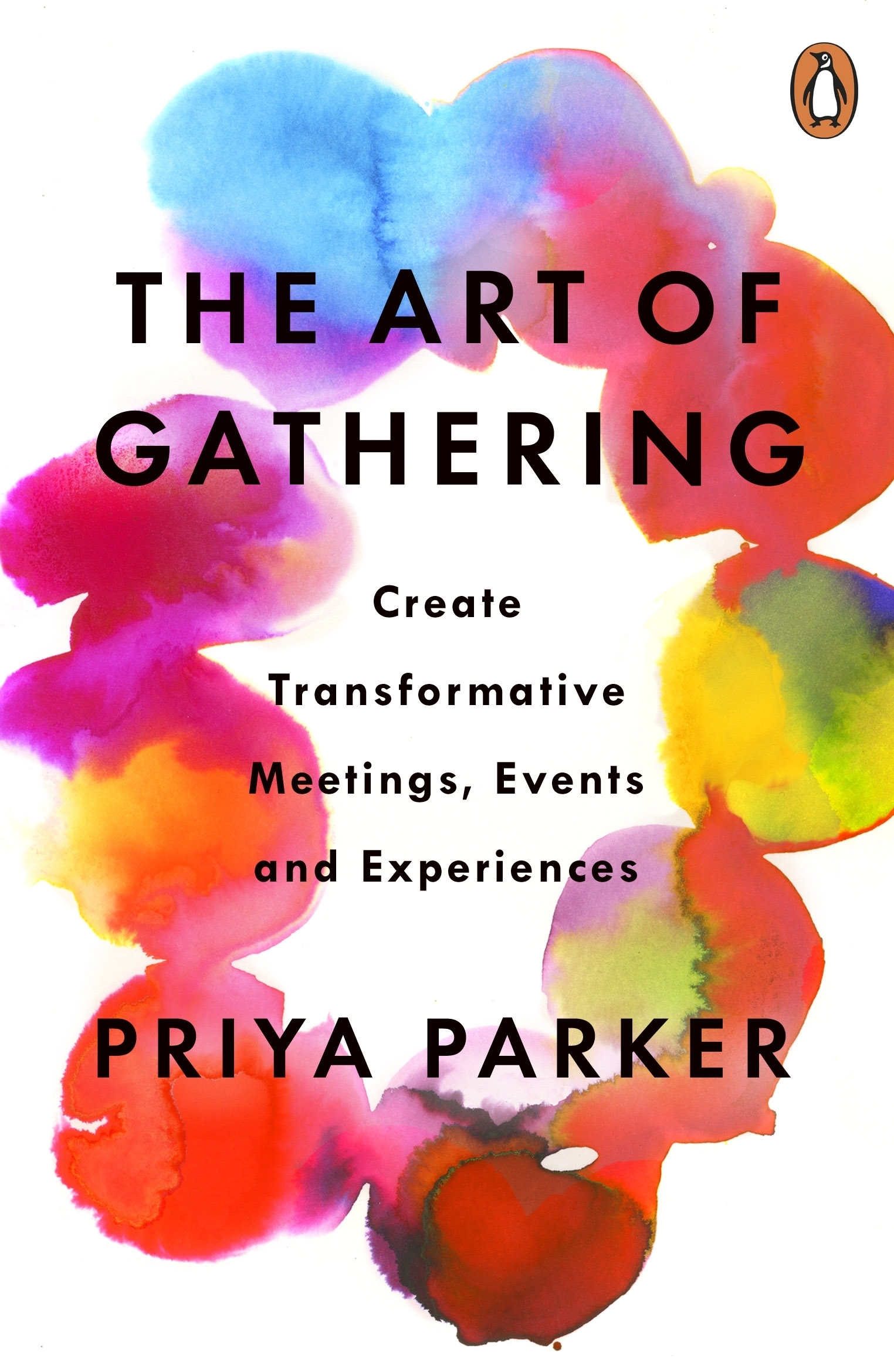
The Art of Gathering - Priya Parker. Meetings suck (argues Parker): not just regular work status meetings, but all meetings, from dinner parties to baby showers to funerals. They’re safe and tame and forgettable, and they don’t need to be. Parker outlines a series of tools you can use to make your next gathering - whether that’s a fiftieth birthday party or a team away day or an academic conference or a non-profit convention - memorable.
I was a bit hesitant to throw this on my list, as I’ve only just finished it and haven’t really had time to mull it over or put any of Parker’s ideas into action. But in saying that, reading this book got my brain churning about how I’d want to organise a roleplaying convention to really make it memorable - to give a clear sense or purpose, to prime my audience, to be an active host. And I think that allows for its inclusion in the list, recency bias be damned.
This book is also worth reading for Parker’s rant against the concept of “chill” when it comes to hosting gatherings. I generally enjoy people who have high chill, but it’s interesting to consider where in your life it pays to not be chill, and what you can do instead.
